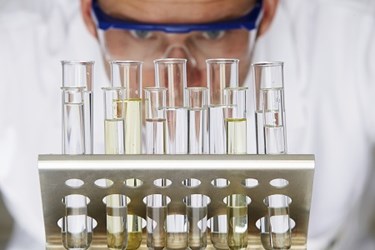How Does Being A Scientist Help With Biopharmaceutical Business Development?

By Rob Wright, Chief Editor, Life Science Leader
Follow Me On Twitter @RfwrightLSL

From The July 2015 Issue
Read the full magazine article: Celgene: Mastering Partnering & M&As To Build Its Next Generation Of Assets
Celgene’s SVP of business development, George Golumbeski, completed his undergraduate degree in biology, a Ph.D. in genetics, and a post doc in molecular biology. So what makes him qualified to run the business development unit for one of the hottest biopharmaceutical companies? He would tell you that being a scientist is not a prerequisite for biopharma BD success. It does however require someone who likes being a generalist and likes doing something different every day. “It’s a great role for somebody who likes adrenaline and can tolerate intense highs and lows,” he attests. For Golumbeski, science has been a very enabling component in his BD role. “All BD people were trained in some expertise,” he says. “But what I’ve seen is if you are a trained scientist or lawyer, and you try to be the head scientist or legal counsel on a deal, it’s usually a disaster.” Playing lead scientist on any deal is something he avoids. “But my background has allowed me to speak the fundamental language of biotech, which, in the end is data.” Golumbeski believes his scientific background has had a number of additional positive effects. It has proven very beneficial in partnering with Celgene’s head of R&D, Dr. Tom Daniel, a scientist and trained physician. In addition, when meeting with a small company (many of which, are run by scientists), being able to speak the language and understand what the scientists are saying has helped Golumbeski. He says it creates a mutual level of respect and leaves the biotech company’s leaders with a favorable impression of Celgene.
